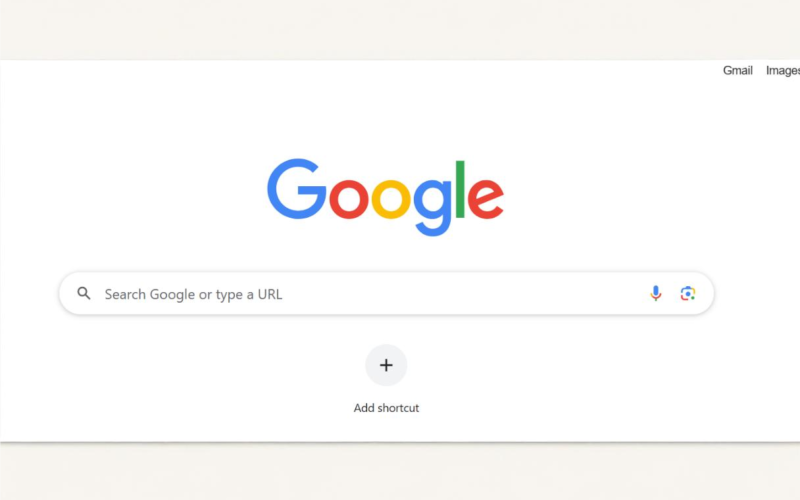The US Department of Justice (DOJ) has called for Google to divest its Chrome browser following a federal court ruling in August that found the company holds a monopoly in the search market. The DOJ’s filing represents one of its most aggressive antitrust actions against a tech company in decades.
Launched in 2008, Chrome provides Google with user data that fuels its targeted advertising business. The DOJ argued that separating Chrome from Google’s operations would create a fairer market for rival search engines.
“To remedy these harms, the [Initial Proposed Final Judgment] requires Google to divest Chrome, which will permanently stop Google’s control of this critical search access point and allow rival search engines the ability to access the browser that for many users is a gateway to the internet,” the 23-page filing reads.
The DOJ also proposed measures to limit Google’s market dominance, including banning exclusionary agreements with companies like Apple and Samsung, prohibiting self-preferencing of Google’s search engine within its own products and preventing acquisitions or partnerships aimed at eliminating competitive threats.
These remedies, which would last for 10 years, also require Google to submit monthly reports on changes to its search ads auction process to a technical committee.
The DOJ acknowledged that breaking up Google’s Android mobile operating system could also enhance competition but suggested other remedies should be sufficient to curb the company’s market power.
In a blog post, Kent Walker, Google’s President of Global Affairs and Chief Legal Officer, called the DOJ’s proposals an “overbroad” measure that would disrupt its products and harm investments in privacy and artificial intelligence.
“DOJ’s approach would result in unprecedented government overreach that would harm American consumers, developers, and small businesses — and jeopardize America’s global economic and technological leadership at precisely the moment it’s needed most,” Walker wrote.
The DOJ’s case against Google began in 2020, alleging the company used its dominance to create barriers to entry and sustain its monopoly in the search market. The August ruling found Google violated Section 2 of the Sherman Act, which prohibits monopolistic practices.
Search advertising generated $49.4 billion in revenue for Google parent Alphabet in the third quarter, accounting for three-quarters of its total ad sales.
While Google plans to appeal the ruling, legal experts suggest the most likely outcome will involve limiting exclusive agreements, such as its search deals with Apple and Samsung, rather than a full breakup of its businesses. However, the DOJ has not ruled out further actions if initial remedies fail to address competitive concerns.

















